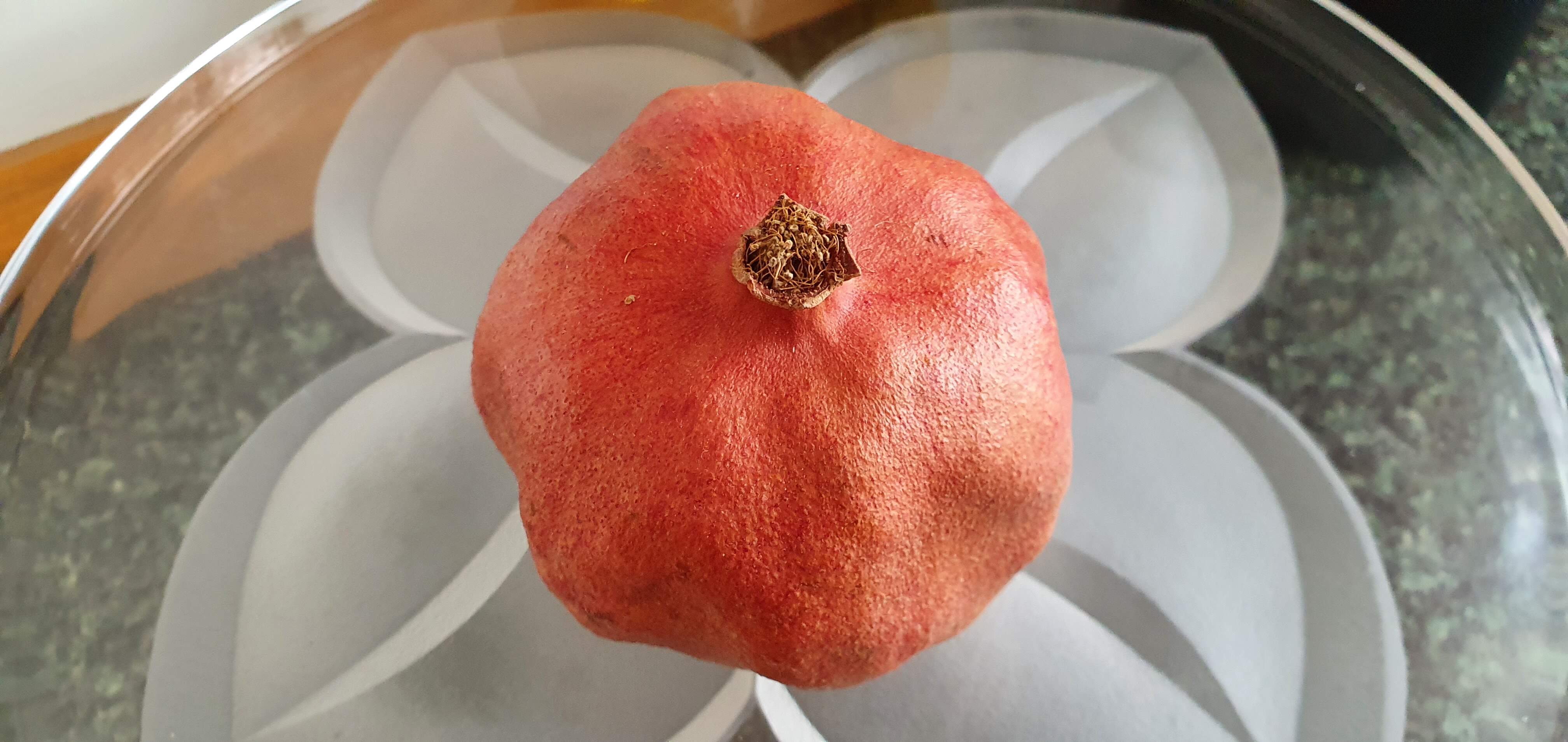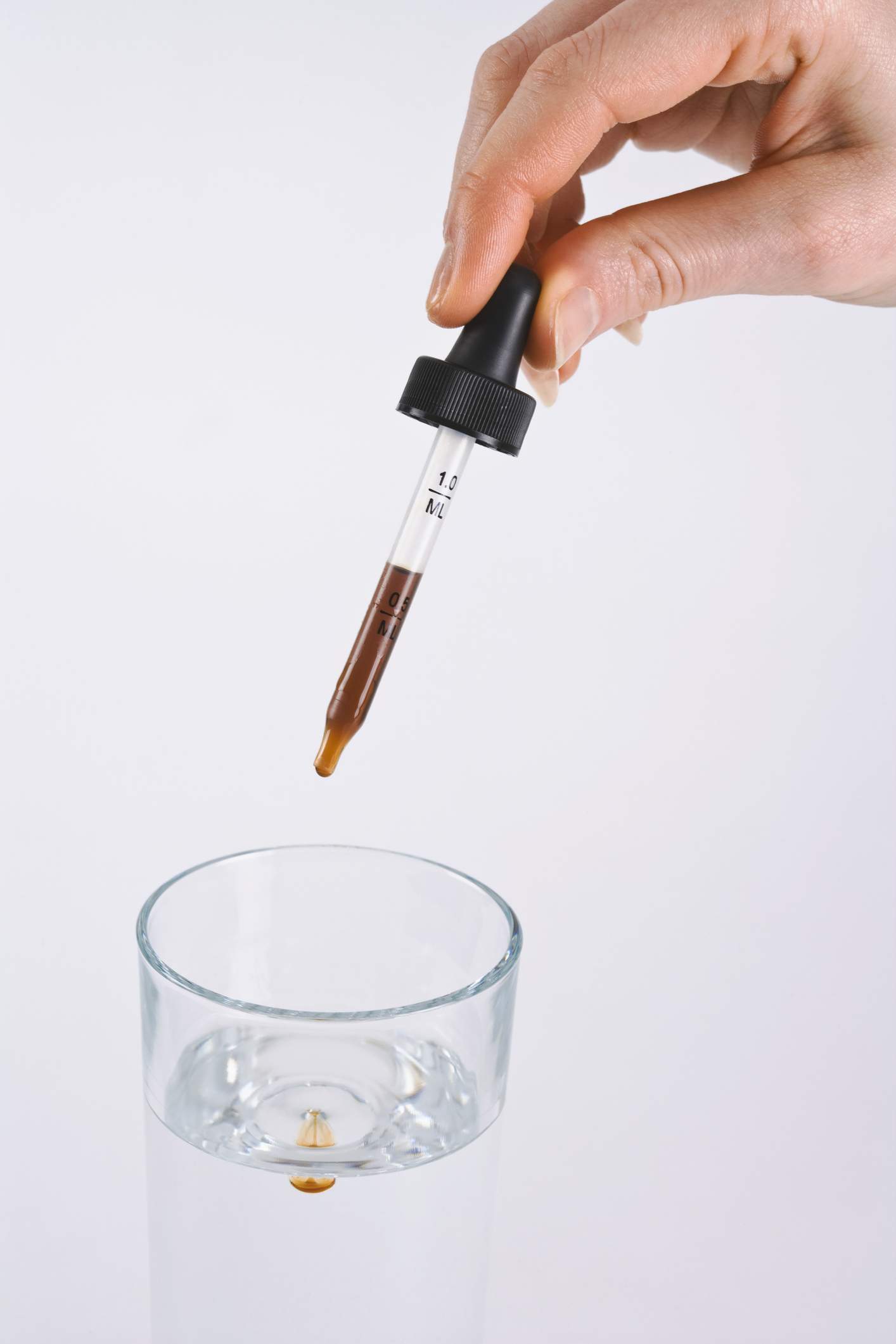Food & Health
Food contains the Substance for body health
Nutrients are substances required by the body to perform its basic functions. Most nutrients must be obtained from our diet, since the human body does not synthesize or produce them. Nutrients have one or more of three basic functions: they provide energy, contribute to body structure, and/or regulate chemical processes in the body. These basic functions allow us to detect and respond to environmental surroundings, move, excrete wastes, respire (breathe), grow, and reproduce.
Nutrients
There are six classes of nutrients required for the body to function and maintain overall health. These are: carbohydrates, lipids, proteins, water, vitamins, and minerals. Nutritious foods provide nutrients for the body including phytonutrients that are nutrients derived from plant sources. Foods may also contain a variety of non-nutrients.
Macro-nutrients
Nutrients that are needed in large amounts are called macronutrients. There are three classes of macronutrients: carbohydrates, lipids, and proteins. Macronutrients are carbon-based compounds that can be metabolically processed into cellular energy through changes in their chemical bonds. The chemical energy is converted into cellular energy known as ATP, that is utilized by the body to perform work and conduct basic functions.
The amount of energy a person consumes daily comes primarily from the 3 macronutrients. Food energy is measured in kilocalories. For ease of use, food labels state the amount of energy in food in “calories,” meaning that each calorie is actually multiplied by one thousand to equal a kilocalorie. (Note: Using scientific terminology, “Calorie” (with a capital “C”) is equivalent to a kilocalorie. Therefore: 1 kilocalorie = 1 Calorie - 1000 calories.
Consuming alcohol also contributes energy (calories) to the diet at 7 kilocalories/gram, so it must be counted in daily energy consumption.
There
is one other nutrient that we must have in large quantities: water. Water does
not contain carbon. It is composed of two hydrogen atoms and one oxygen atom
per molecule of water. More than 60 percent of your total body weight is water. Without water, nothing could be transported in or out of the body, chemical
reactions would not occur, organs would not be cushioned, and body temperature
would widely fluctuate.
Carbohydrates
Sugars, starches & fibre
Lipids
Oils & fats
Proteins
Animal, fish, bird and other living creatures
Water
The key to life
Micro-nutrients & Phyto-nutrients
In contrast to carbohydrates, lipids, and proteins,
micronutrients are not sources of energy (calories) for the body. Instead they
play a role as cofactors or components of enzymes (i.e., coenzymes) that
facilitate chemical reactions in the body. They are involved in all aspects of
body functions from producing energy, to digesting nutrients, to building
macromolecules. Micronutrients play many essential roles in the body.
Phyto-nutrients are plant sourced nutrients.
Vitamins
Water soluble & Fat soluble vitamins
Minerals
Elements & compounds
Non-nutrients
Some non-nutrients such as antioxidants are beneficial to the body, whereas others such as natural toxins or additives are potentially harmful.



